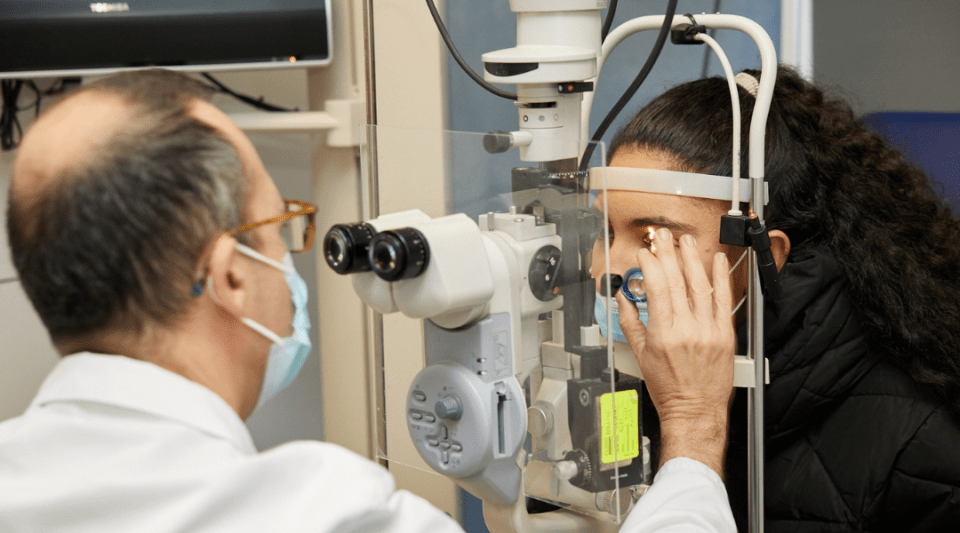Severe asthma, still largely unknown
The same study also reveals that although 98% of respondents recognise asthma as a disease, nearly 60% of the population are completely unaware of severe asthma—even though it affects 1 in 10 people with asthma.
This lack of knowledge is a major obstacle for its proper diagnosis and treatment. Symptoms such as wheezing (58.4%), chest tightness (46.6%), persistent cough (33%) and sleeping difficulties (26.9%) are under-recognised, according to the study.
The situation is aggravated by the general lack of knowledge about available treatments. While inhalers are well known, biological therapies, immunotherapy or environmental control are not yet part of the collective imagination.
"Lack of information hinders early access to advanced and potentially life-changing treatments such as monoclonal antibodies, a group of biologics, which have been developed in recent years," explains Dr Arismendi, pneumologist at the Clínic.
Delaying the start of these effective treatments can worsen the clinical situation and allow the disease to progress. It can also increase the side effects of the medication typically used for the treatment of asthma attacks, that’s why it’s crucial to strengthen awareness campaigns, so people recognize the signs of severe asthma and know about all the treatment options available.
Asthma is not only a lung condition; it is also a matter of gender, information and health equity. Understanding how it affects different population groups and acting accordingly, is the first step towards a more accessible and effective healthcare system.
INFORMATION DOCUMENTED BY:
Dr Ebymar Arismendi, pulmonologist. Hospital Clínic Barcelona.






